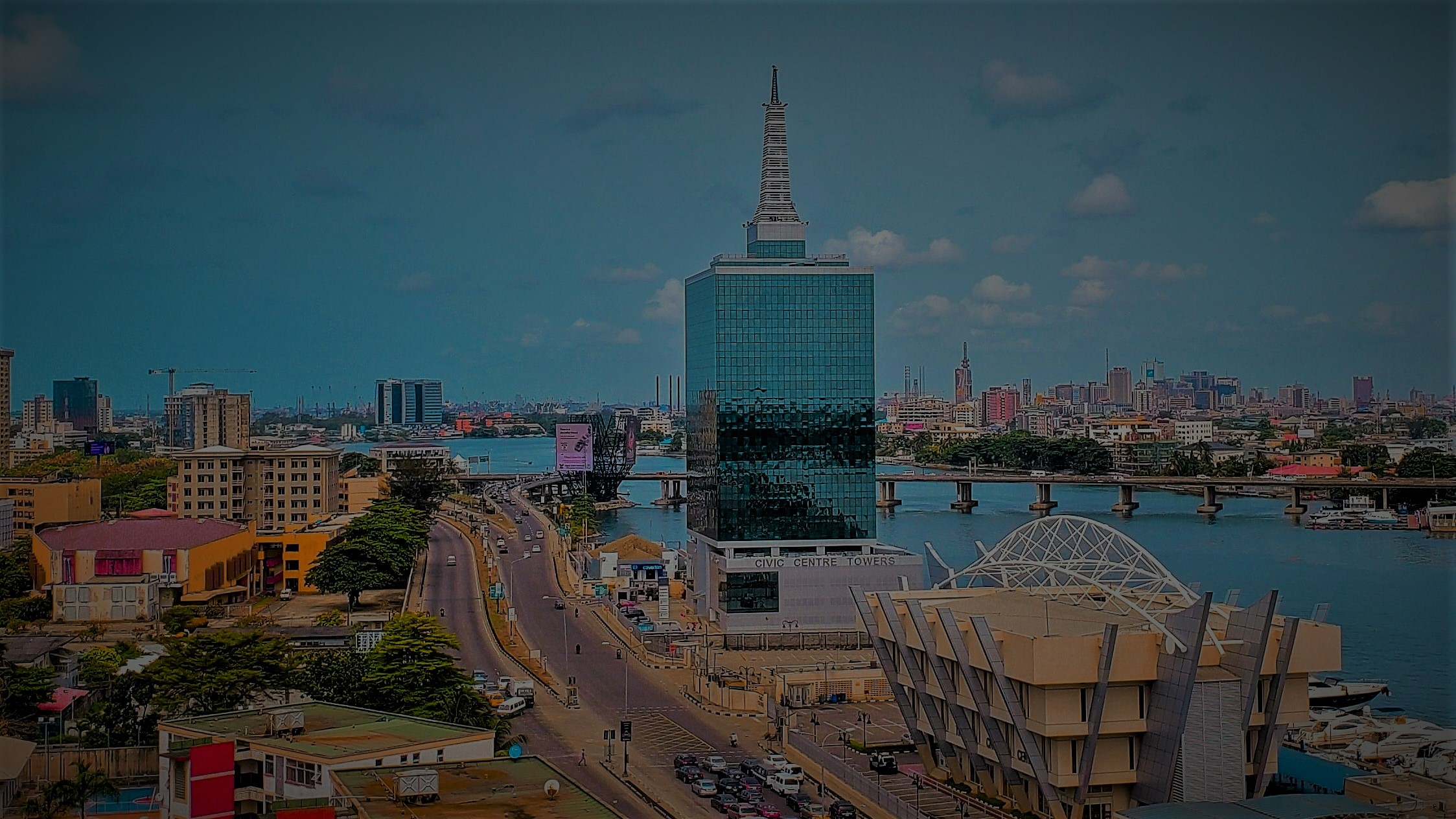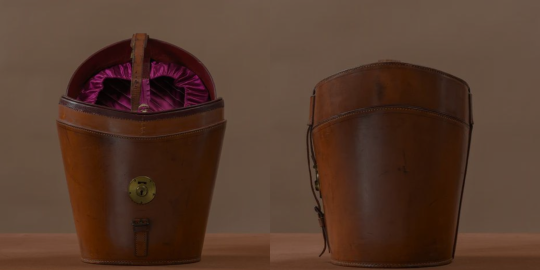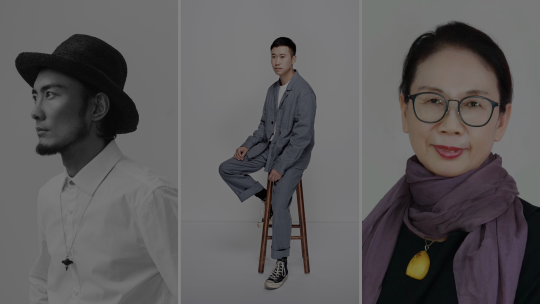The facility, in Nigeria’s largest city, will consist of a tannery, shops and a training facility—it is due to open in December this year.
Governor Babajide Sanwo-Olu of Lagos State said: “The Economic value of this is that we can start and end the entire production process here in Lagos. Jobs will be generated and businesses will be developed.”
At present, he explained, leather is exported to China and Europe then brought back to Nigeria in finished goods.
According to Governor Sanwo-Olu, the state government initiated the idea of a leather hub to break into the economic cycle and add value to raw leather materials produced locally. Originally conceived in 2020, it is now 65% completed.
He said: “The hub will be a primary manufacturing source for retailers in the ecosystem. There is a large leather market in Mushin to take up the produce to consumers; traders will no longer be burdened to turn tanned skins to finished products.”
When completed the Lagos Leather Hub is expected to host the training in the leather works value chain of about 100 students annually.








